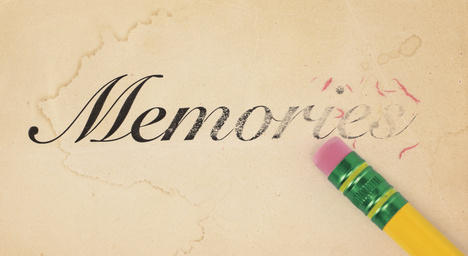Since this blog is part memoir, I worry about misremembering the past when I write about it. I’m obsessed with truth and recall things to the best of my recollection. But I know that for every memory I share, someone out there will remember things differently.
A Daily Beast article reminds me that I’m right to be obsessive about honesty.
Mood music:
http://youtu.be/_FPBi9N9hNc
The article notes how terrifyingly easy it is for therapists and investigators to plant false memories in a person as they lob one question after the next in an ironic attempt to get to the truth. From the article:
In the real world false memories can result from well-meaning investigators asking leading questions, from therapists trying to uncover hidden truths, and yes, from distraught parents engaged in acrimonious divorce proceedings. …
It’s important to point out that a false memory is different from a lie. Liars know what really happened, but claim something different. People with false memories honestly believe what they’re saying—there is no intent to deceive. They’re just wrong about what actually happened, for predictable reasons.
There’s some comfort in knowing that you’re not lying if you misremember. But that’s cold comfort to someone who remembers an event differently and feels you have lied about them.
All I can do is keep recounting things to the best of my ability. And I try to always put a disclaimer in posts saying that I’m writing my memory of something, not necessarily the unvarnished truth.
That said, the article prompted me to think back on my own therapy in search of times when a therapist’s questions may have led me to a false memory.
My therapists have helped me a lot, and their approach has always been to ask me questions but not steer me in one direction or another. They’ve typically asked general questions and let me talk from there. If any false memories have been created, it would have been during follow-up questioning. But none of my therapists have questioned me aggressively.
I’ve also always approached therapy in a somewhat standoffish fashion, skeptical of any suggestion they give me. I’ve approached my appointments that way specifically because I didn’t want to be led wrong by their feedback. Therapists are human, after all, and I do know people whose therapists filled their minds with a bunch of bunk.
Up to this point, I think my strategy has worked. Still, you never know when you might be remembering something differently than how things really went down.
Fortunately, many people who were there have told me they remember events much the same way. But some have recalled a different version of events. Whenever they do, it’s my job to think long and hard about their version versus mine, and, whenever necessary, to correct the record.

